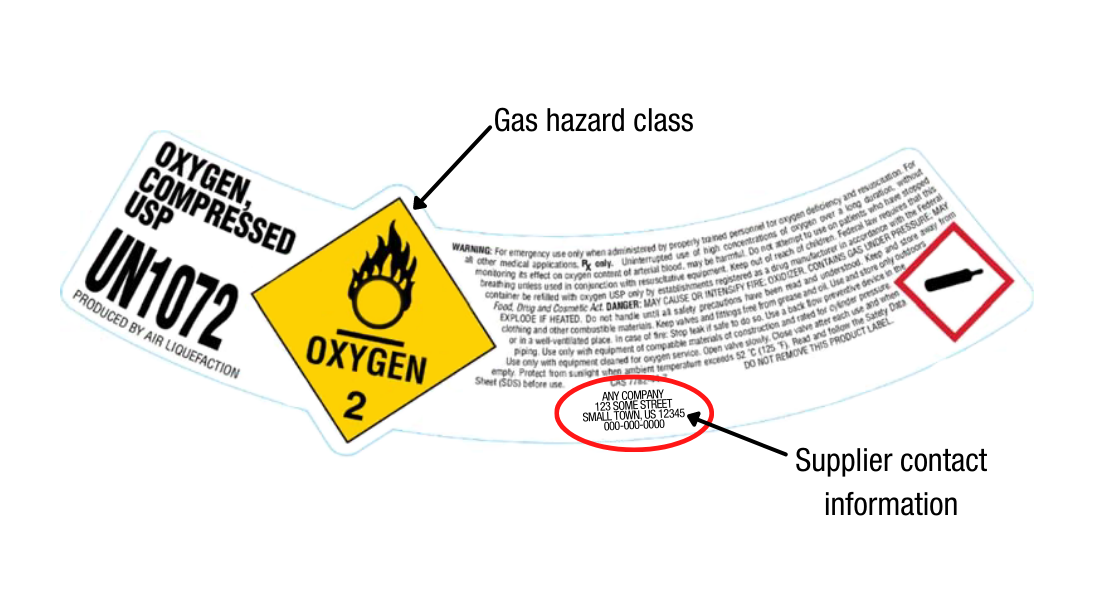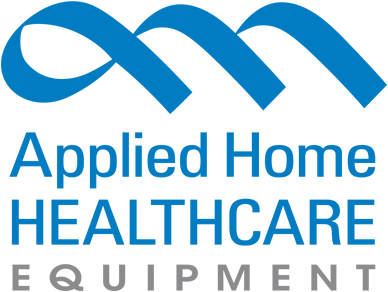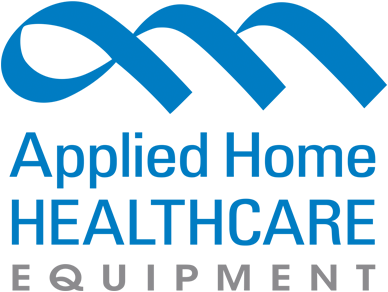PRODUCT CATEGORIES
CLASSES/REGISTRATION
WHAT'S YOUR ROLE?
Cylinder Handling After a Natural Disaster
The Category 4 storm that made landfall into Louisiana Sunday afternoon is a reminder of the damage and destruction that natural disasters like hurricanes can cause our communities. Ida’s force led to catastrophic damage from its wind, rain and powerful storm surge.
Life threatening storms like Ida can result in exposing a cylinder to a variety of hazardous conditions. These conditions can include floodwater submersion, impact from debris, exposure to foreign contaminants like mud, sewage, and oil or grease; damage from falling, etc.
The Compressed Gas Association released a safety alert that recommends the best practices for handling cylinders that have been exposed to a natural disaster like a hurricane, tornado, fire, earthquake, flooding, etc.
According to CGA (Compressed Gas Association), if cylinders have been exposed to adverse conditions, you should contact emergency responders or the cylinder supplier for further instruction. Cylinders with obvious significant damage or that are leaking should only be addressed by emergency responders with HAZMAT training or the cylinder supplier.
Contact information for the cylinder supplier is listed on the label as shown in Figure 1a. If a label is not present, the cylinder neckring shown in Figure 2 can be used to identify the cylinder supplier.
Cylinders collected from natural disaster areas must be separated according to their hazard class. Oxidizing and flammable gases should be kept at least 25 ft apart. The cylinder label provides information on its contents and hazards. The transportation labels shown in Figures 1a - 1d provide a quick visual identification for the gas hazard class. Propane (barbeque) cylinders should be treated as flammable and segregated with other flammable gases. Cylinders without a label should be segregated and identified by the supplier when possible.
For more detailed information on the safe handling and storage of cylinders, see CGA P-1, Standard for Safe Handling of Compressed Gases in Containers and NFPA 55, Compressed Gases and Cryogenic Fluids Code [1, 2].
Example label for oxidizer class:

To view the full Safety Alert from CGA, click here.
Sources Cited:
[1] “Handling Cylinders After Natural Disaster Exposure” Cganet.com, Compressed Gas Association, 2017, https://portal.cganet.com/pubs/free/SA-30_1.pdf
You Might Also Like
Subscribe to our Newsletter
Get the latest regulatory info, accreditation news and exclusive discounts!
 View Cart []
View Cart []
